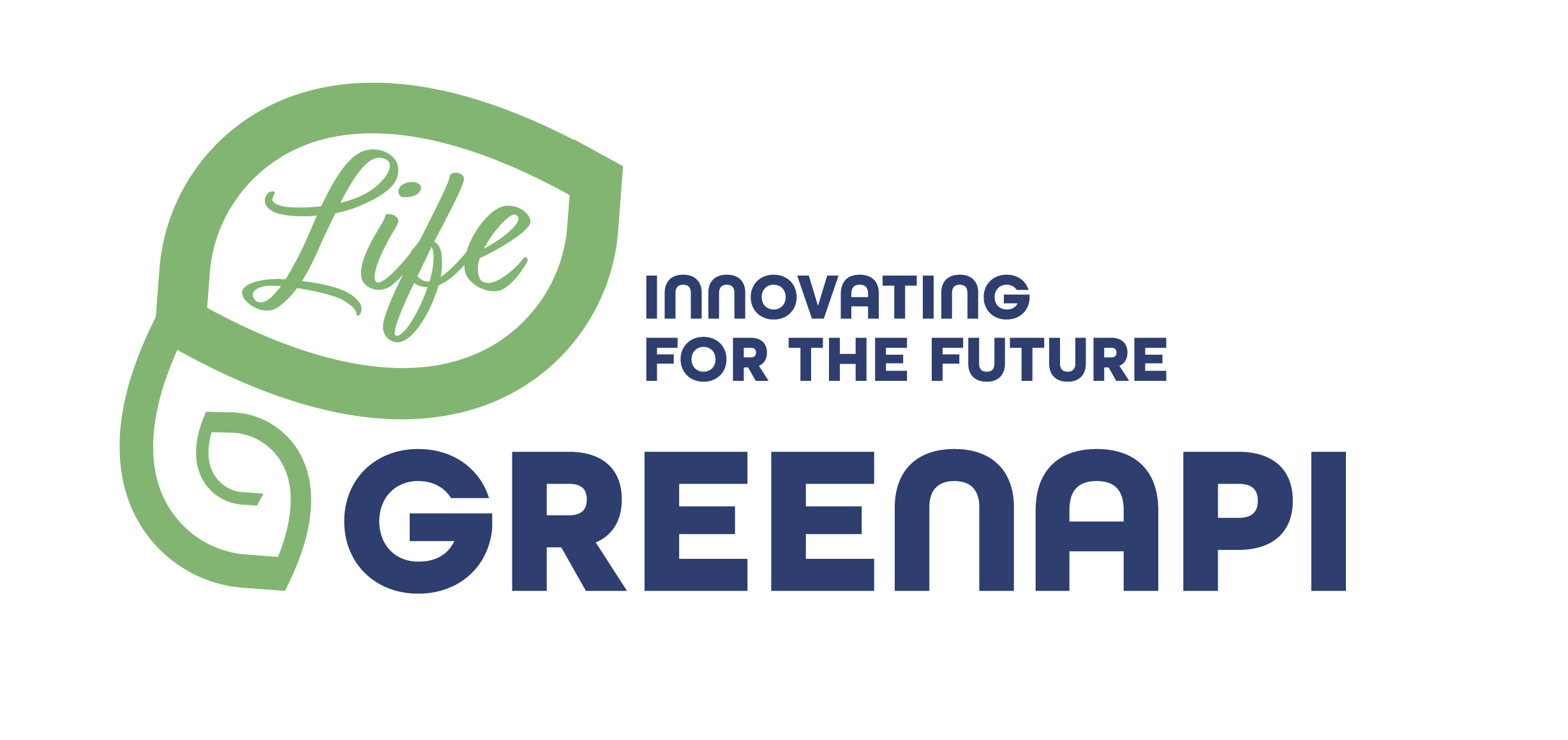LIFE-GREENAPI

Development & demonstration of low environmental impact innovation and optimization practices in pharma production

LIFE-GREENAPI is a 3-year initiative coordinated by Angelini Pharma aimed at proposing a technological shift in Active Pharmaceutical Ingredients (APIs) production to promote sustainability in the European Pharmaceutical Sector, which is recognized as one of the most difficult sectors to decarbonize given the stringent regulatory limits.
Angelini Pharma, in collaboration with the University of Leiden, will engineer, test, scale-up, and demonstrate at industrial level the environmental benefit of an innovative approach for the manufacturing of APIs, switching from batch to flow-chemistry.
The technological innovation will be first developed and tested on a selected high-production volume API, and then replicated on two additional small molecules. This will demonstrate the broad spectrum of applicability.
The project in numbers
|
3 Years of duration |
01/06/2023 Project start date |
31/05/2026 Project end date |
+15 Team members |
2 Countries & Partners |
2,527,561.49€ Total cost |
1,516,536.89€ Total EU contribution |
Why
European pharmaceutical companies need to address the environmental pollution due to pharmaceuticals throughout their entire life cycle.
This is what emerged from recent research that indicates the pharmaceutical industry to be significantly more emissions‑intensive than other sectors and with greater disparity in environmental commitments and practices.
In fact, the requirements set in the European Green Deal with its ambition of zero pollution have prompted fine chemicals and pharmaceutical industries to integrate greener production practices into their production processes, leading to an optimization of resource use and emissions and a partial reshoring of APIs, raw materials, and intermediates production.
Within this context, LIFE-GREENAPI represents a core initiative of Angelini Pharma’s green transition strategy, through which Angelini Pharma inspires and encourages the broader pharmaceutical sector in Europe to fully embrace environmental sustainability in its production processes.
What
LIFE-GREENAPI is based on the application of flow chemistry in some specific production steps of a selected API.
Based on the results of previous activities conducted at lab level, this presents a series of potential advantages:
- increased reaction rate: in closed and narrow reactors, higher temperatures and pressures can be reached with the same amount of reagents thus increasing the transformation rate;
- improved use of solvents: from a preliminary analysis, a significant reduction of solvent is expected;
- energy efficiency: given the reduction of hours needed to carry out the reaction in-flow instead of in batch mode, it is possible to reach the same amount of product with an efficient use of energy;
- waste reduction: the increased level of efficiency of the process allows a substantial improvement of waste reduction over batch processing;
- water efficiency: the innovative process is expected to lead to an improved water efficiency, considering both the process and the artesian water;
- increased safety: reactions in a closed cycle generate low emissions, if compared to a batch reactor, normally open.
How
LIFE-GREENAPI will be conducted in collaboration with the Institute of Environmental Sciences at the University of Leiden, The Netherlands, that will monitor the environmental impact of the program through a dedicated Life Cycle Assessment (LCA) and risk-analysis approach. LCA is a method of assessing the environmental impact associated with all stages in the life cycle of a given commercial product, process, or service, thus resulting as a key methodology for sustainability by design, an important theme in the EU Green Deal. Within LIFE-GREENAPI, LCA will be applied to assess Angelini Pharma’s innovations in the fine chemicals production processes and the related environmental benefits, towards a continuous and iterative study of the system, from the lab to the pre-commercial phase.
The project will be based on the following key actions:
- Developing & testing flow chemistry technology at 3 scales: engineering, pilot, and pre-industrialization;
- Monitoring of environmental impact through a dedicated Life Cycle Assessment (LCA) and risk analysis approach, with the involvement of the University of Leiden;
- Extension of flow chemistry to further APIs production processes,
and it will be implemented through 7 different Work Packages:
- WP1 Project management
- WP2 Engineering of the flow chemistry solution
- WP3 Pilot
- WP4 Pre-industrialisation
- WP5 Safety and Sustainability by Design & KPI monitoring
- WP6 Sustainability, replication & exploitation of project results
- WP7 Networking, Communication & Dissemination
About the life programme
The LIFE Programme is the EU's funding instrument for environment and climate action. It has been bringing green ideas to LIFE since 1992 and, to date, has co-financed over 5,500 projects. For the 2021–2027 period, the EU has increased LIFE Programme funding by almost 60%, up to €5.4 billion, and included the new clean energy transition sub-program.

LIFE-GREENAPI Development & demonstration of low environmental impact innovation and optimization practices in pharma production is co-funded by the European Union. Views and opinions expressed are however those of the author(s) only and do not necessarily reflect those of the European Union or CINEA. Neither the European Union nor the granting authority can be held responsible for them.
